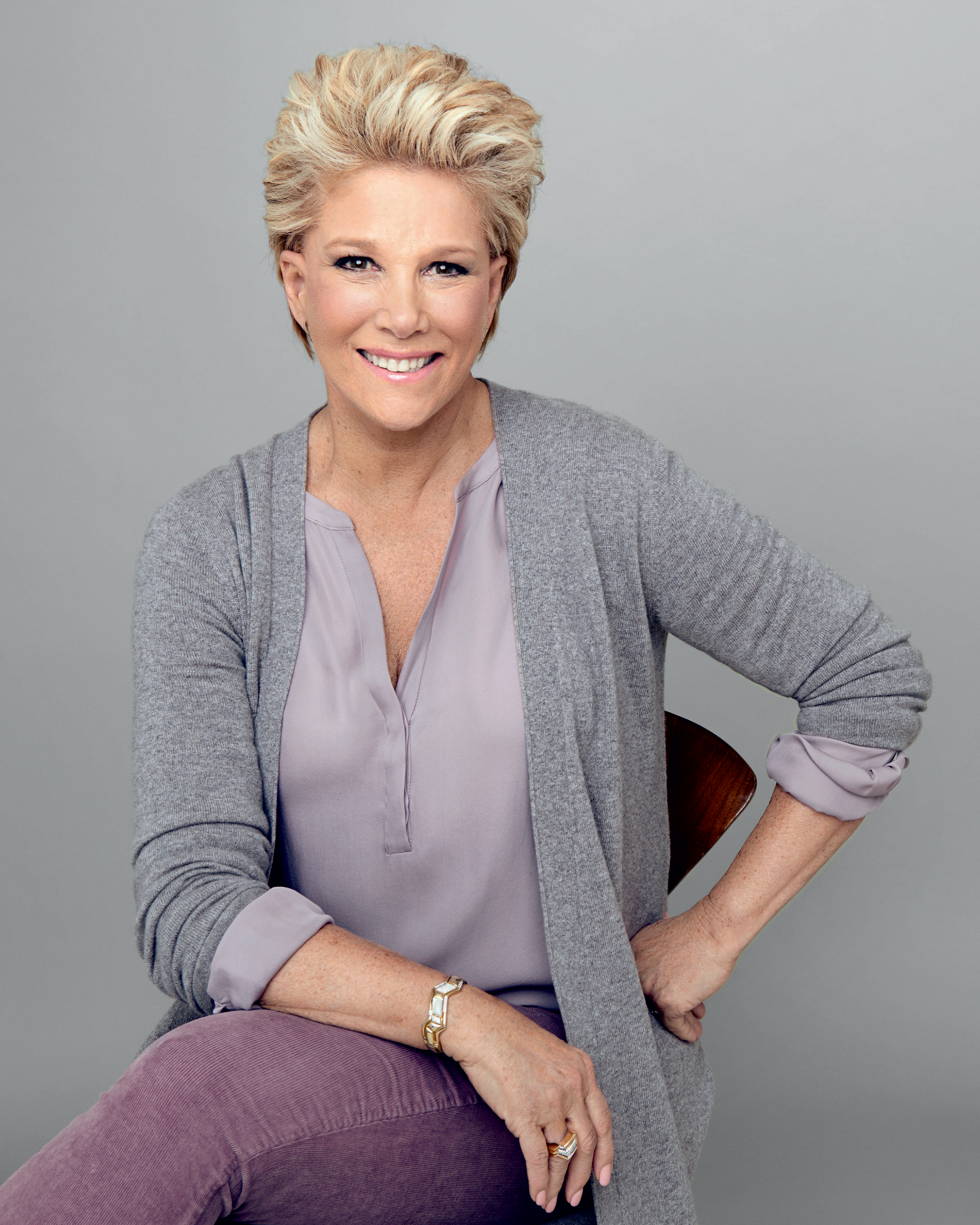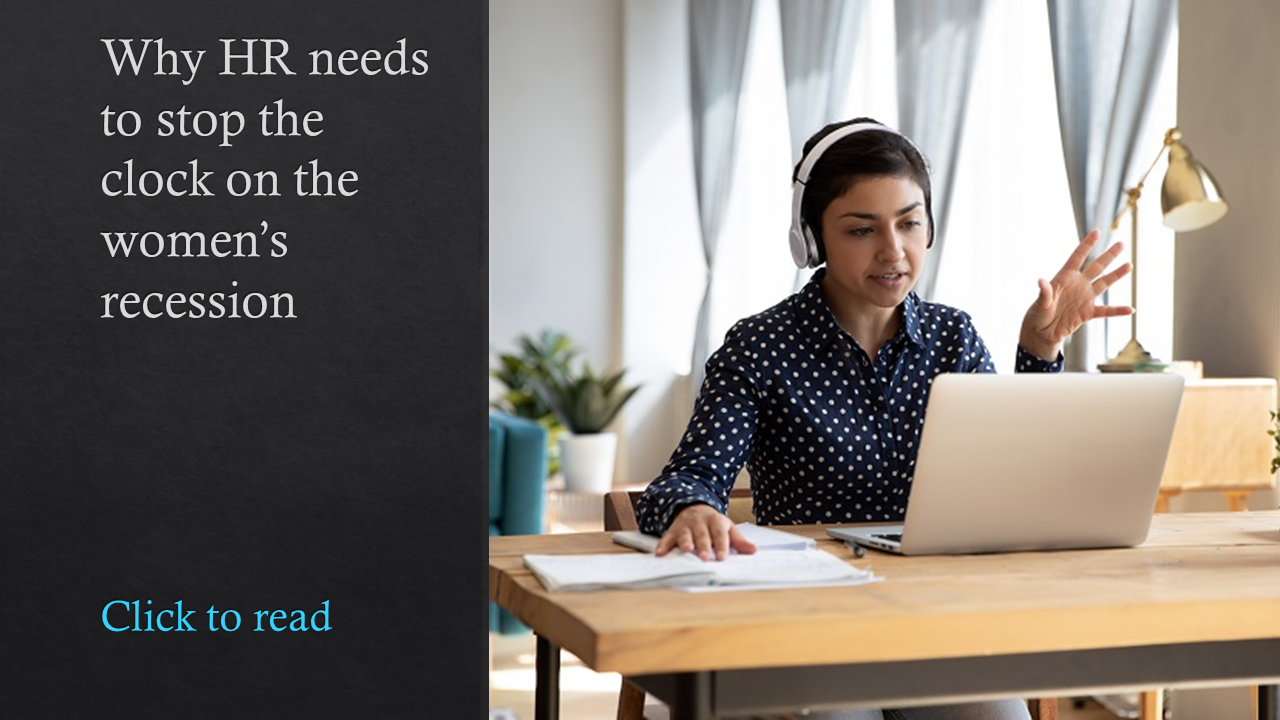Joan Lunden was self-admittedly luckier than most in more than one way in her career. The longtime journalist worked as a co-host of “Good Morning America” for two decades and is now an author and host of the PBS television series, Second Opinion with Joan Lunden. But perhaps even more fortunately, she says, she experienced continued support from her employer when it came to her role as a working mom and a caregiver.

While Lunden was at Good Morning America, her contract with ABC included maternity leave. When she returned after having her first child in 1980, she was allowed to bring her infant daughter to work. “Perks like that were absolutely unheard of,” Lunden said Tuesday at the opening keynote of HRE’s Health and Benefits Leadership Conference, held virtually through Thursday. Registration for the event is free.
“[My experience] had a profound impact on leave policies for other businesses around the country, but I was also inundated with boxes of mail that came to the network,” she said. “Those letters came from working women all around the country who wrote in to say that they were really happy to see that a change was beginning to take place, but they asked, ‘What about the rest of us?’ They too needed help, but they didn’t have any leverage. They didn’t have access to any kind of a safety net.”
And now decades later, many employees–particularly women, who tend to take on more caregiving responsibilities–are still asking that same question. Although a number of states have passed their own comprehensive paid leave policies and more companies are offering versions themselves, Lunden said, “the vast majority of families in the U.S. still don’t have access to paid leave and medical leave.”
That’s a huge problem.
“The lack of access to paid leave or the ability to work flex schedules or from home–of course, the pandemic has changed all that–but these are the factors that can force terrific, talented, hard-working employees to drop right out of the labor force entirely. And it makes no sense. It makes no sense for the employees and the employer.”
Fewer than half of American workers currently have access to employer-provided medical leave and less than 20% receive paid leave parental or caregiving leave through their employer, she said.
“If a woman has to leave her job for child-rearing or caregiving, she can get knocked right off the career ladder. Once that happens it is not easy to get back into the job market and often women have to start at the bottom again,” Lunden said. Research has found that’s particularly true in the COVID age, with many surveys predicting an exodus of female workers due to increased caregiving responsibilities caused by the pandemic. Overall, scores of employees struggled to deal with homeschooling their kids while maintaining their jobs. Others experienced eldercare challenges, while others still had difficulty taking care of their own medical issues, with many getting COVID-19 themselves.
Related: Why caregiving programs are falling short during COVID
 That’s one reason Lunden not only advocates for employers to develop their own comprehensive policies to help employees but is advocating for a paid federal leave law. Last year she testified during a House Ways and Means Committee hearing in support of the Family and Medical Insurance Leave Act sponsored by Rep. Rosa DeLauro (D-Conn.) and Sen. Kirsten Gillibrand (D-N.Y.). The legislation would provide 12 weeks of partial income for family leave. Funding would come through a payroll tax.
That’s one reason Lunden not only advocates for employers to develop their own comprehensive policies to help employees but is advocating for a paid federal leave law. Last year she testified during a House Ways and Means Committee hearing in support of the Family and Medical Insurance Leave Act sponsored by Rep. Rosa DeLauro (D-Conn.) and Sen. Kirsten Gillibrand (D-N.Y.). The legislation would provide 12 weeks of partial income for family leave. Funding would come through a payroll tax.
“We are in the middle of a caregiving crisis, and it’s a problem that’s only going to grow,” she said during her keynote. “We need to support families, and we need people to stay engaged in the workforce.”
What is so vital about addressing the crisis is that it will affect every employee at some point, she said.
“All of us will give or receive care at some point in our lives. We all get sick; we all need to care for our children and our parents, and our spouses may need us, and none of us wants to choose between caring for ourselves and our families and paying the house payment or the electric bill,” she said. “A few short weeks would give time to bond with a new baby or say goodbye to a loved one, to have peace of mind to care for yourself in life’s most challenging times. In the end, not having to make that choice between income and caring for a loved one, it makes us stronger.”
Conference sessions will be available through June 11. Click here to view this entire session.





